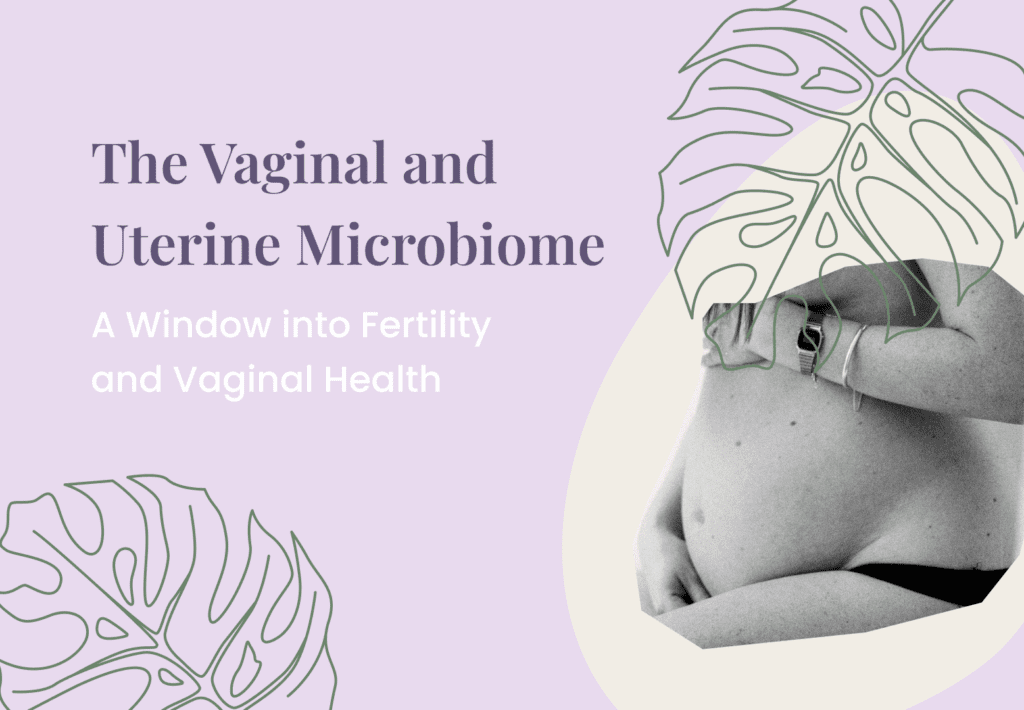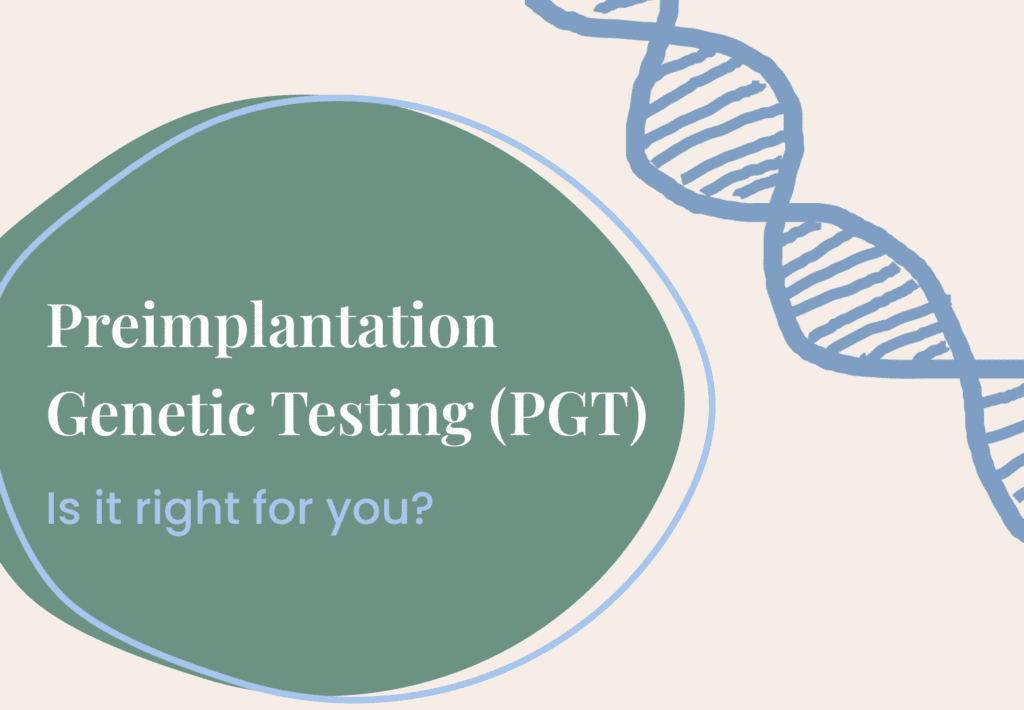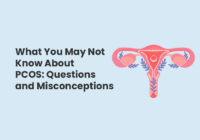
When women decide to delay parenthood, they likely consider the impact of age on their fertility or hear reminders from friends and family about how their biological clocks are ticking away.
If a family member or friend ever told you that “your clock is ticking”, they probably mean well. They’re encouraging you to start thinking about your fertility, and the possibility of conceiving sooner rather than later.
But what actually is the “biological clock”? How does it affect women’s chances of pregnancy and having children?
Women’s Biological Clocks and Fertility
The term biological clock refers to the “natural decline in female fertility with age,” explains Dr. Tanya Williams. Unlike men, who produce sperm daily, women are born with their entire lifetime supply of eggs. A newborn girl has about 1 million eggs in her ovaries. By the time the average she reaches puberty, she has several hundred thousand eggs.
Although these numbers seem high, it’s important to remember that only a mature egg (also called an ovum) can be fertilized and result in pregnancy. This process is called ovulation and each ovum after ovulation lives for less than 24 hours. Pregnancy occurs when sperm, which can live for approximately five days, meets an ovum in the fallopian tube. Throughout her life, the average woman will release approximately 500 mature eggs from puberty to menopause. When an egg is not fertilized during a menstrual cycle, it results in a period.
Delaying Parenthood
If you spent most of your reproductive years trying to prevent an unexpected pregnancy, you’re certainly not alone. It’s normal for young adults to spend their twenties and early thirties dating different people, pursuing higher education, establishing their careers and exploring personal interests. Many couples also feel socially encouraged to live together before tying the knot.
Although these pursuits are important, they contribute to the decision to delay parenthood. When you’re finally ready to conceive, you may find yourself sorting fact from fiction regarding common fertility myths.
Watch our IGTV with Dr. Tanya Williams, where she addresses common fertility questions about the biological clock and its impact on well-being.
The Truth about Biological Clocks and Fertility
When it comes to men and women’s biological clocks, these are the facts every person should know:
- Women reach their peak reproductive years between their late teens and late twenties. At age 32 and even moreso at 35, women’s fertility tends to rapidly decline.
- Doctors can test a woman’s ovarian reserve (i.e. the ovary’s capacity to provide fertilizable eggs) by conducting a transvaginal ultrasound and performing simple blood tests to measure anti-Müllerian hormone (AMH) and follicle-stimulating hormone (FSH).
- While a woman only needs one healthy egg to conceive, an ovarian reserve test helps fertility specialists counsel you on fertility treatment options.
- Men also have a biological clock. While men can naturally father a child in their senior years, doing so increases the health risks for both their partners and their unborn children.
- Just as women’s egg quality declines with age, men’s sperm quality is also affected by aging. According to a 2019 study Rutgers University study, men are advised to conceive before the age of 35.
Learn More about Your Biological Clock
These facts play an important role in determining your family planning, but it’s essential to remember that every person is different. Seeing a fertility specialist is the best way to explore all your options when it comes to trying to conceive and planning for a healthy pregnancy. Download our patient referral form to get started.






